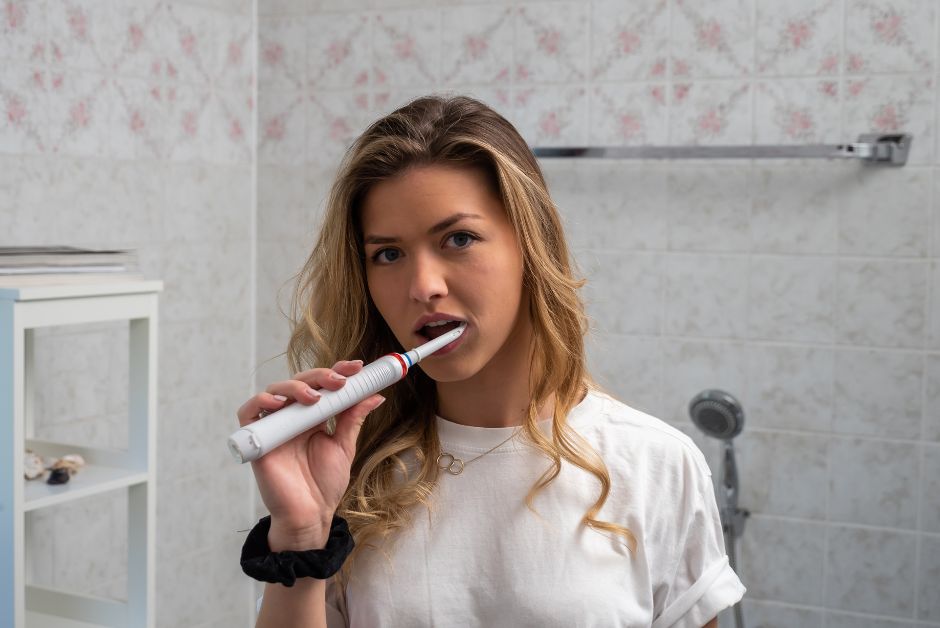Since an implant can’t be attached as easily to the gums as natural teeth, the gum stays loose around the implant, allowing harmful bacteria to pool and cause inflammation. This inflammation can lead to peri-implantitis and, in extreme cases, this can lead to bone loss.
Peri-implantitis is a multifactorial disorder and bacteria plays a huge role. However, the presence of bacteria is often not always the main cause of developing the disease. Bacteria found in peri-implantary pockets can be found around stable implants too.
